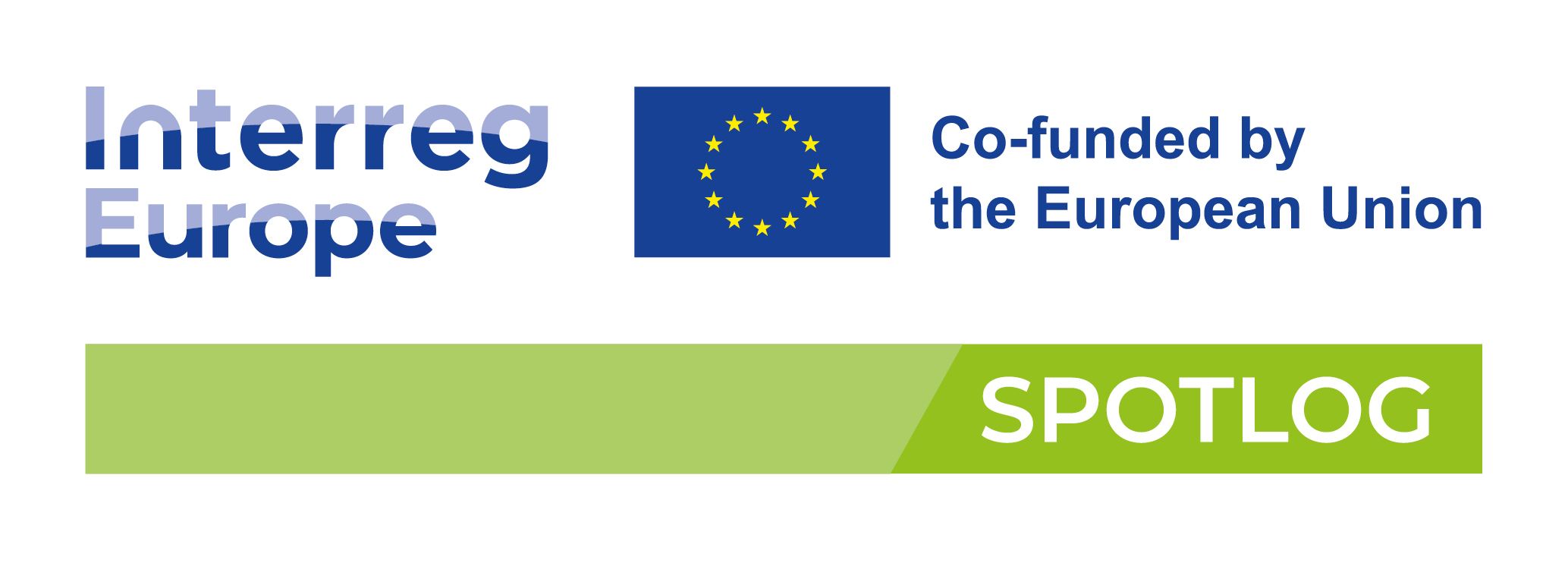Green and socially responsible city logistics innovations (SPOTLOG)
Transport sector is considered a growing contributor to global climate change. Logistics accounts for about 39% of transport CO2 emissions.
Logistics will be one of the hardest economic sectors to decarbonise because demand associated with the transport of goods is expected to rise sharply over the next few decades, still relies heavily on fossil fuels, and often uses multi leg transport systems. Lack of agreements with private actors in the logistics sector, insufficient knowledge and scarcity of resources are key barriers for regions intending to collect data on urban logistics and thus, make the mobility and logistics ecosystem more effi cient and achieve a zero-carbon vision over the next decades.
Despite different levels of development, SPOTLOG regions face a common challenge of aligning Sustainable Urban Logistics Planning with EU-level objectives, such as reaching CO2-free city logistics in urban centres by 2030. Moreover, there is a lack of measurable targets/indicators for sustainable urban logistics planning and waste of resources and lack of interconnectivity with a mobility system in lower density territories.
SPOTLOG’ s main vision is to involve local communities in creating socially responsible logistics systems, based wherever possible on zero-carbon modes, through the intelligent use of all available resources and taking advantage of the digitalisation of goods and passenger transport services.
